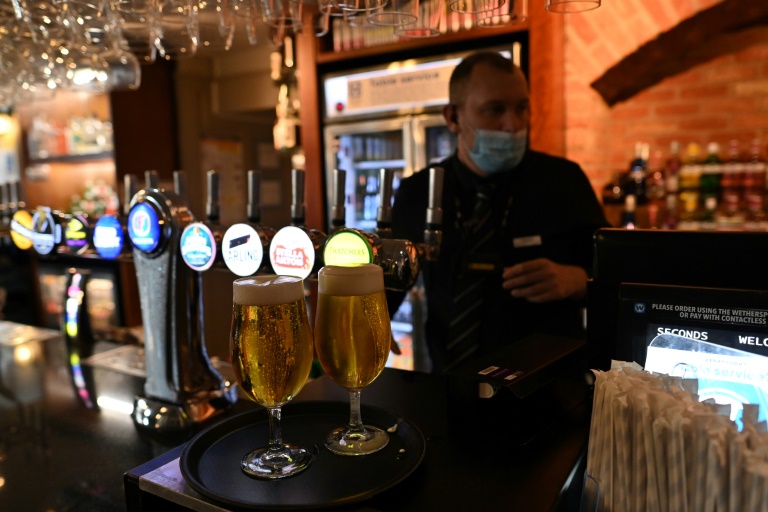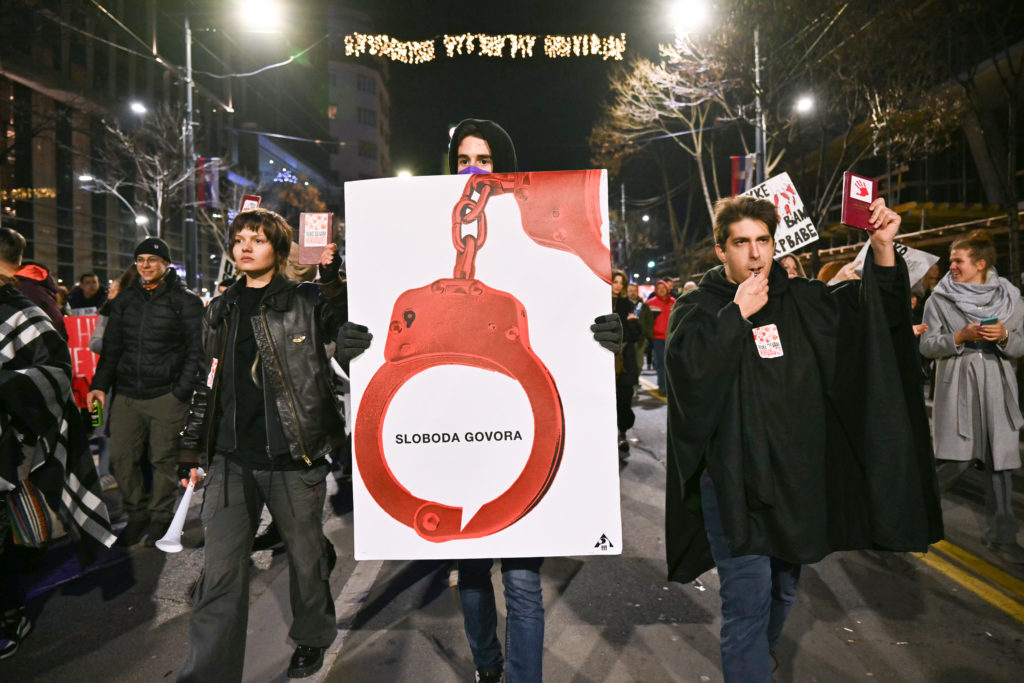Britain’s economy rebounded in August despite ongoing supply chain woes, as people socialised more due to the lifting of coronavirus curbs, data showed Wednesday.
Gross domestic product grew 0.4 percent in the first full month since England’s lifting of Covid restrictions, the Office for National Statistics (ONS) said in a statement.
“The economy picked up in August as bars, restaurants and festivals benefited from the first full month without Covid-19 restrictions in England,” noted ONS official Darren Morgan.
“This was offset by falls in health activity with fewer people visiting GPs and less testing and tracing.”
Construction also fell for the second month in a row, as supply issues created shortages of key materials.
– ‘Recovery resumes’ –
The “recovery resumes despite supply chain pressures”, concluded KPMG UK economist Yael Selfin.
“August GDP … saw decent growth as the economy bounced back while dealing with supply chain issues and labour shortages.”
The UK economy remains 0.8 percent smaller than its pre-coronavirus level.
All lockdown restrictions in England were lifted on July 19, allowing people to visit shops and hospitality venues without having to wear masks.
Yet the ONS also revealed the economy shrank 0.1 percent in July, revising down an initial estimate of 0.1 percent growth.
That marked the first contraction since January when stricter lockdown curbs weighed on activity.
July was hit by downwardly revised data for the automobile and energy sectors, and improvements to how health output is measured.
Car manufacturing was plagued by an ongoing global shortage of microchips.
Britain’s economy had rebounded by 5.5 percent in the second quarter, or three months to June.
But the outlook remains clouded by ongoing Brexit and Covid pandemic fallout and supply chain bottlenecks.
Activity has in addition been hit by shortages of lorry drivers, semiconductors and motor fuel, as well as surging oil and gas prices that have sparked elevated inflation.
The outlook also darkened after the government ended its furlough jobs support scheme and cut back Universal Credit welfare support.
– Recovery facing headwinds –
“The recovery is certainly facing more headwinds,” added EY economist Martin Beck.
“Rising inflation, driven by significant increases in energy prices, and the recent cut in Universal Credit are squeezing consumers’ spending power.
“And continued supply-side disruption and the narrative around shortages, whether real or not, will hold back activity and sentiment.”
Paul Dales, chief UK economist at research consultancy Capital Economics, warned the economy might flatline as a result of supply bottlenecks.
“Shortages may bite harder in the coming months,” he added.
“The recent broadening in shortages and the fuel crisis may mean that growth has come to a near-standstill since August.”
The Bank of England has forecast UK inflation will this year top 4.0 percent on soaring energy costs.
Natural gas prices recently soared to record heights, sparking fears of rocketing domestic fuel bills during the peak-demand winter months.











